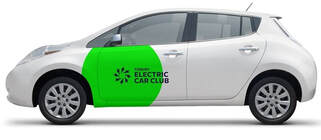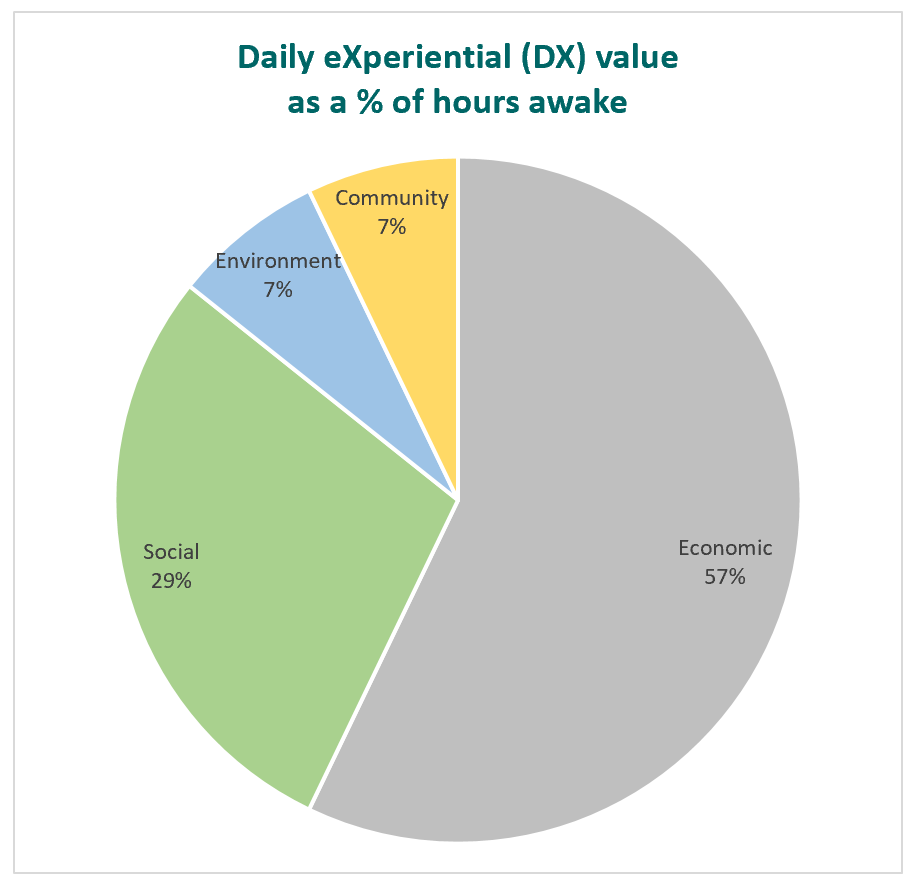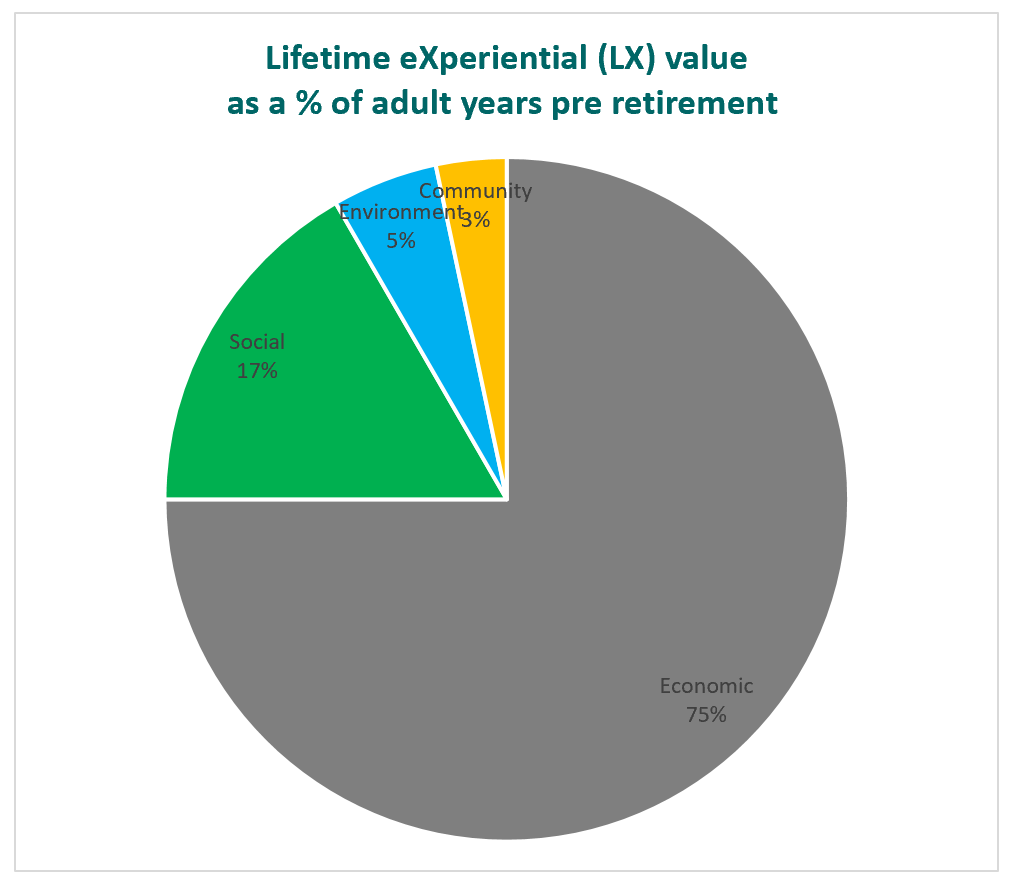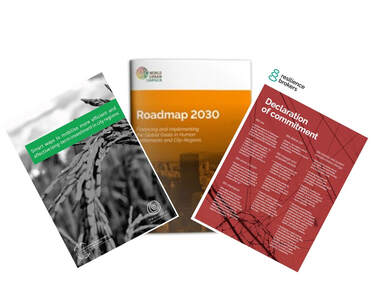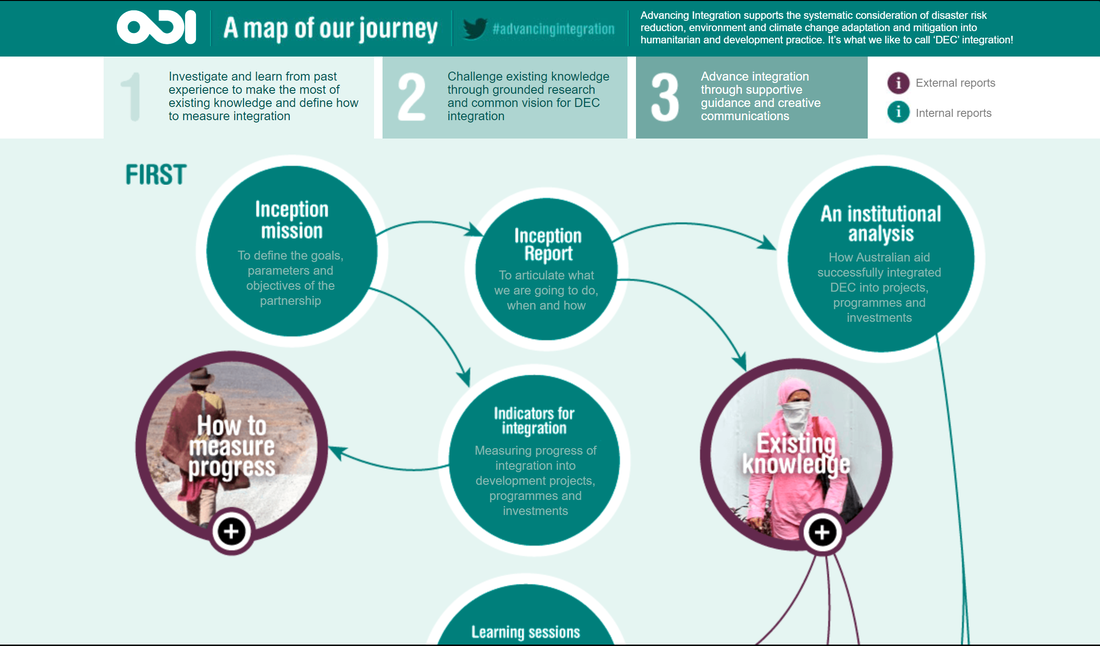Engagement & Behaviour Change
Leveraging the power of networks:
mobilizing shared electric vehicles across the UK
Life's eXperiential value
Transformation to a low-carbon economy allows us an opportunity to review what is important to us, our priorities and how we allocate our time, our talent and resources.
The attention paid to the self manifests in systemic change. It is not determined by policy makers but is driven by individuals and touches our circles of influence, our families, our communities, our work places and the planet.
The attention paid to the self manifests in systemic change. It is not determined by policy makers but is driven by individuals and touches our circles of influence, our families, our communities, our work places and the planet.
|
We measure our experience of life in terms of values by thinking about what each experience gives us in terms of happiness, learning, income and so on. Some values have standardized numerical values like currency, others are qualitative values like contented, satisfied, fulfilled – adjectives we ascribe to help us understand how we feel about a situation.
Part 1 is to assess time spent and how this contributes to wellbeing. |
Future Earth is developing simple tools to help people consider their Daily personal eXperiential Value (DX) and Lifetime eXperiential Value (LX) and presented these for the first time at the People's Conference COP26 in collaboration with the Brahma Kumaris.
Empowering Meaningful Change for a Lower Carbon Life - Interactive in-person exhibition and at
Energy Transitions: Deciding our Future
Empowering Meaningful Change for a Lower Carbon Life - Interactive in-person exhibition and at
Energy Transitions: Deciding our Future
New Urban Agenda (WUC)
|
Future Earth has been a member of UN Habitat World Urban Campaign since 2016. We facilitated the UN SDSN and Ecological Sequestration Trust 2015, 2016 & 2017 Rockefeller Foundation Bellagio Conferences, co-authoring
Smart ways to mobilise more efficient and effective long-term investment in city regions and Roadmap 2030 under the New Urban Agenda. |
ODI: Integrating DRR, Environment & Climate Change
into AusAID Programmes
As Project Manager of the Overseas Development Institute Climate and Environment Research Team, Future Earth managed a large international research program of 14 staff to lead major changes to the way AusAID programs accounted for these global issues. Future Earth managed & oversaw delivery of multiple research and communications outputs for ODI and the Australian Government. The work was based on case studies in 6 SE Asian countries using a combination of desk-based and in-country consultation in support of NAPAs and CAPs in these countries. The resulting How To Handbook guides readers through the assessment & analysis and actions to take, including a directory of tools and further resources to help achieve development outcomes that are effective and long lasting - a ‘triple A’ standard.

